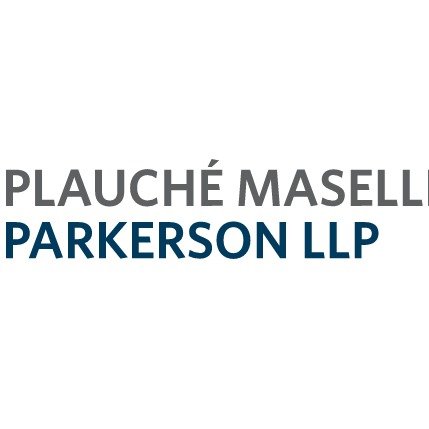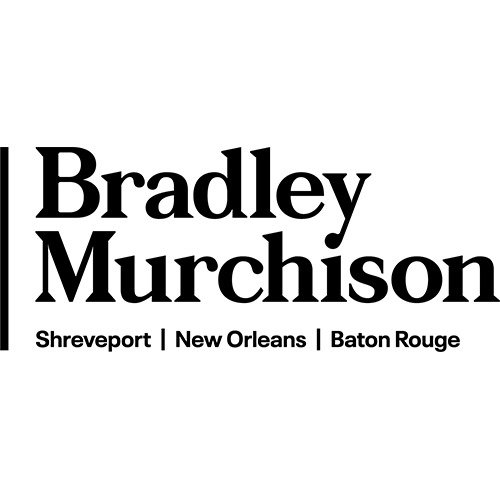Best Foreclosure Lawyers in New Orleans
Share your needs with us, get contacted by law firms.
Free. Takes 2 min.
Free Guide to Hiring a Real Estate Lawyer
List of the best lawyers in New Orleans, United States
About Foreclosure Law in New Orleans, United States
Foreclosure is the legal process through which a lender, such as a bank, repossesses a property due to the borrower's failure to make mortgage payments. In New Orleans, United States, foreclosure can be a complex and time-consuming procedure, governed by both state and local laws. It is important to understand the specific regulations in place when dealing with foreclosure in this city.
Why You May Need a Lawyer
Seeking legal advice from a foreclosure lawyer in New Orleans is crucial in several situations, such as:
- If you have received a foreclosure notice and want to explore your options to prevent the loss of your property.
- If you believe that your lender has violated any foreclosure laws or engaged in predatory lending practices.
- If you are facing difficulties negotiating with your lender or navigating the foreclosure process on your own.
- If you are interested in exploring alternatives to foreclosure, such as loan modification, short sale, or deed in lieu of foreclosure.
- If you are considering filing for bankruptcy as a means to stop or delay foreclosure.
Local Laws Overview
When dealing with foreclosure in New Orleans, it is essential to be aware of the following key aspects of local laws:
- New Orleans follows a judicial foreclosure process, which means that the lender must file a lawsuit in court to obtain a foreclosure judgment.
- The Louisiana Civil Code provides specific guidelines and procedures for foreclosure, including notice requirements, redemption rights, and deficiency judgments.
- Local ordinances and regulations may also impact the foreclosure process. For example, in New Orleans, the City Council has implemented measures to address blight and vacant properties.
- It is advisable to consult with an experienced foreclosure lawyer in New Orleans to understand the intricacies of local laws that pertain to your specific situation.
Frequently Asked Questions
1. Can I stop a foreclosure in New Orleans?
Yes, it may be possible to stop a foreclosure in New Orleans by exploring alternatives such as loan modification, repayment plans, short sales, or filing for bankruptcy. Consulting with a foreclosure lawyer can help you understand your options.
2. How long does the foreclosure process take in New Orleans?
The foreclosure process length in New Orleans can vary depending on various factors, including the lender's actions, court schedules, and the borrower's response. It typically ranges from several months to a year or more.
3. What is a deficiency judgment in New Orleans?
A deficiency judgment is a court order that allows the lender to recover the remaining mortgage balance if a foreclosure sale does not fully satisfy the outstanding debt. New Orleans allows deficiency judgments under specific circumstances.
4. Can I redeem my foreclosed property in New Orleans?
Under certain conditions, Louisiana law allows the borrower to redeem their foreclosed property. However, this right is subject to strict time limits and payment requirements. Consult a foreclosure lawyer for guidance on redemption.
5. What protections exist for tenants in New Orleans during foreclosure?
The Protecting Tenants at Foreclosure Act provides certain safeguards for tenants in New Orleans, allowing them to remain in the property for a specified period or receive notice to vacate. However, these protections may have limitations, and seeking legal advice is recommended.
Additional Resources
Here are some helpful resources related to foreclosure in New Orleans:
- New Orleans Legal Assistance Corporation (NOLAC): https://www.nolac.org/
- Greater New Orleans Fair Housing Action Center: https://www.gnofairhousing.org/
- City of New Orleans Code of Ordinances: https://codelibrary.amlegal.com/codes/neworleans/latest/overview
Next Steps
If you require legal assistance in a foreclosure matter in New Orleans, consider taking the following steps:
- Research and compile relevant documents, including loan agreements, foreclosure notices, and any communication with the lender.
- Consult with a foreclosure lawyer in New Orleans to discuss your situation and explore potential strategies.
- Provide all necessary information and documentation to your attorney for a thorough evaluation of your case.
- Follow your attorney's guidance and recommendations, taking appropriate steps to protect your rights and interests throughout the foreclosure process.
- Maintain regular communication with your attorney and promptly respond to any requests or updates regarding your case.
Lawzana helps you find the best lawyers and law firms in New Orleans through a curated and pre-screened list of qualified legal professionals. Our platform offers rankings and detailed profiles of attorneys and law firms, allowing you to compare based on practice areas, including Foreclosure, experience, and client feedback.
Each profile includes a description of the firm's areas of practice, client reviews, team members and partners, year of establishment, spoken languages, office locations, contact information, social media presence, and any published articles or resources. Most firms on our platform speak English and are experienced in both local and international legal matters.
Get a quote from top-rated law firms in New Orleans, United States — quickly, securely, and without unnecessary hassle.
Disclaimer:
The information provided on this page is for general informational purposes only and does not constitute legal advice. While we strive to ensure the accuracy and relevance of the content, legal information may change over time, and interpretations of the law can vary. You should always consult with a qualified legal professional for advice specific to your situation.
We disclaim all liability for actions taken or not taken based on the content of this page. If you believe any information is incorrect or outdated, please contact us, and we will review and update it where appropriate.














